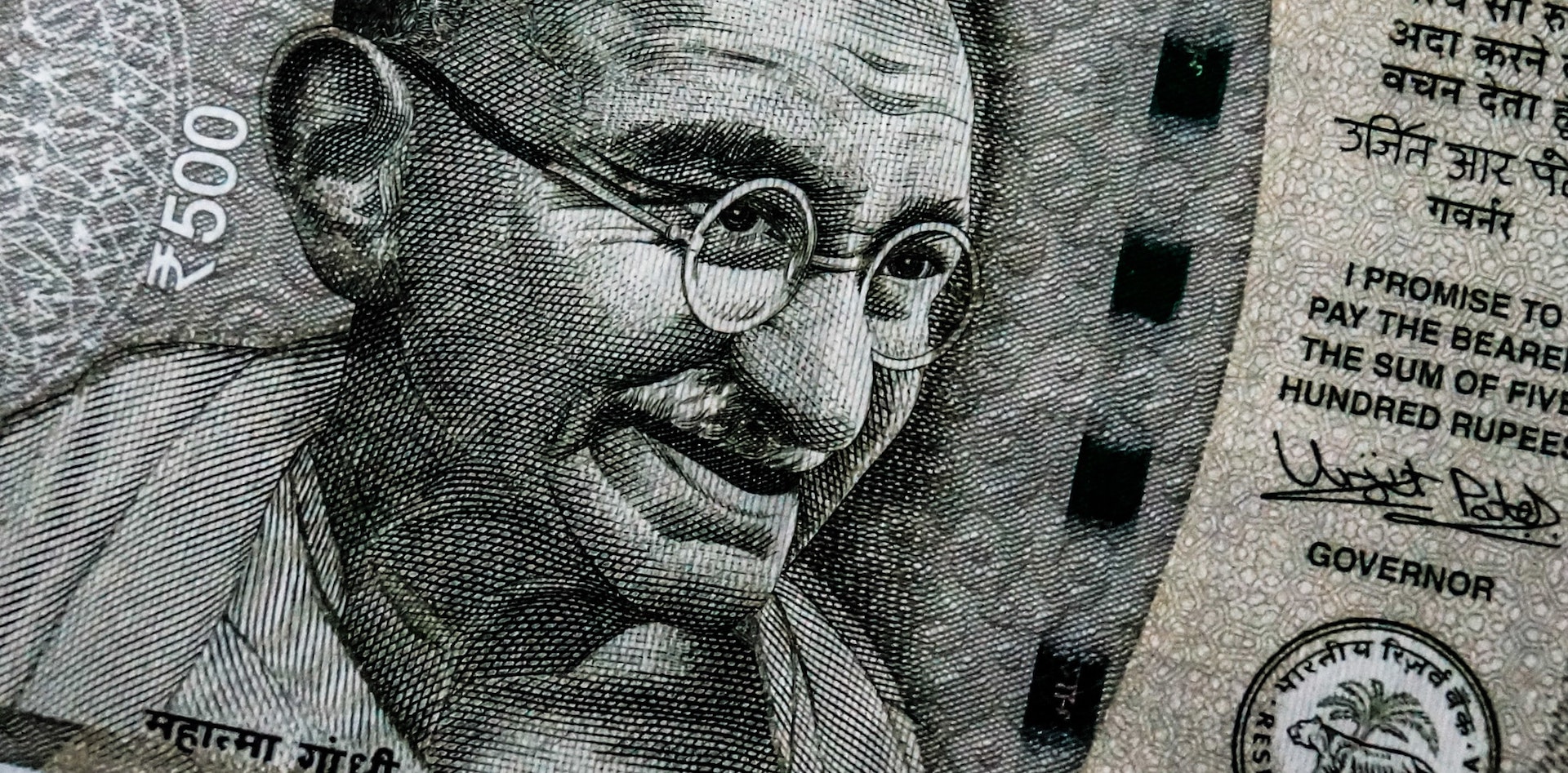Demonetisation and its Discontent: Political Strategy and Competition in Indian Elections
SHARE THIS

| Tushar Bharati (University of Western Australia) | |
| Tuesday 11 August 2020 at 11:30 am - 12:30 pm (Hong Kong time, GMT +8) | |
|
Zoom (Click to obtain meeting details) |
On 8 November 2016, the Prime Minister of India announced the demonetization of notes that made up 86% of cash in circulation in India. I examine the impact of the prolonged cash shortage that followed on the political competition in the assembly elections within a year of the event. Using a difference-in-difference methodology, I show that demonetization had significant impacts on the political competition and the voter turnout in the elections that followed. Next, using the demonetization event and voter turnout in the past as instrumental variables for the number of candidates running for office and voter turnout, I show that Bhartiya Janta Party (BJP), the political party in power at the federal level that implemented demonetization, benefited from the decrease in competition and increase in voter turnout. However, comparing elections within a year after demonetization but in different months, I find suggestive evidence that voter preference might also have changed in favor of BJP over this period.
About the Speaker
Tushar Bharati is an Assistant Professor of Economics at the UWA Business School. His key areas of research are development economics, economics of education, and labour economics.
This webinar is part of a series of Zoom events that explores issues in growth and development in India. The series' academic committee consists of Takashi Kurosaki (Hitotsubashi Institute for Advanced Study), Pushkar Maitra (Monash University and Sujata Visaria (Hong Kong University of Science and Technology) .
To Attend the Event
The event will take place on 11 August 2020 Tuesday at 11:30 am HKT == 1:30 pm AEST == 12:30 pm JST. (See corresponding times for different times zones).
The event will be held online via Zoom. Please sign up here as part of our security measures, and the meeting details will be sent to you by email about one day in advance of the event. Please register at least one day in advance of the event. Please also note that the meeting room will be locked at around 11:50.
Also see here for advice from the university's IT office on Zoom best practices for attendees.
House Rules
- We would like the webinar to be interactive. Please join with both audio and video whenever possible.
- It is advised to mute yourself when you are not speaking. This prevents any distractions due to background noise.
- Please rename yourself to your real name when entering the Zoom meeting.
- The chat function will be on, but the speaker may not see your chat message. Please consider raising your hand (blue hand button) or unmuting yourself to ask a question.
- This talk will be recorded for internal use only.
Get updates from HKUST IEMS






